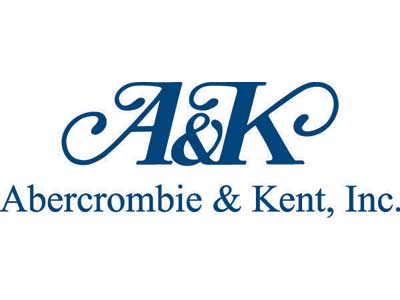Gauging Google impact on travel market
Businesses most likely to be impacted immediately by Google’s US$700 million purchase of ITA Software are travel meta-search engines such as Kayak that lets users compare travel sites as well as prices from airlines and hotels.
But the impact will be lessened on sites such as Orbitz, Expedia and Priceline, where providers don’t allow users to book with them directly, analysts say.
“It seems that meta-search, rather than bookings, would be easiest for Google,” said the Wall Street Journal.
Some analysts see Google’s move into travel as a direct reaction to the offerings at Bing, Microsoft’s search engine. Some of Bing’s features, like travel search, “have put some pressure on Google” to innovate, wrote Douglas Anmuth at Barclays Capital.
For the companies that do allow direct booking of tickets, analysts see less of an immediate concern. For one thing, Google itself said on its site that it “has no plans to sell airline tickets to consumers.”
But analysts question whether such decisions are permanent.
Google, however, has an incentive not to change its mind here:
Online travel agencies like Expedia, Orbitz and Travelocity are big advertisers and generate 8 to 10 percent of Google’s gross revenue world-wide, Goldman Sachs analysts estimate.
Google might also want to avoid getting into the business of selling tickets “given the company’s struggling track record as a merchant” with its Nexus One phone and Google Checkout, Jefferies & Company analyst Youssef Squali points out.
In the long run, though, online travel agencies could face a problem — not just from Google but from other meta-search engines like Bing.
The entry of the Google juggernaut might just accelerate the trends. These meta-search engines do provide online travel agencies with more leads, but they increasingly direct consumers to airline and hotel sites instead, and this could eventually cut into margins for the travel agencies.
According to Google, its purchase of ITA Software will make it easier to users of its search engine to find quick information about airline flights and fares. According to unnerved industry players, however, it could end up wielding too much influence.
"There is clearly more room for competition and innovation" in online travel, Google CEO Eric Schmidt said. "We will improve the way flight information is organized."
Not everyone agrees.
One of these is Andreas Pouros, Chief Operating Officer at Greenlight, an independent search marketing agency, who said:
“Travel intermediaries should be very concerned as Google moves towards becoming central to consumers’ travel purchasing behavior. It is only a little over seven months ago since Google made a similar move with property intermediaries.”
While Google claims not to be building a new meta-search tool, comprehensive price aggregation across sites is inevitable, Pouros said. “To not introduce it would be a pretty big waste of US$700 million,” he added.
The concerns center around how Google might combine its dominance in the general search business with ITA’s strengths in the travel sector. ITA, for instance, provides data from its airline searches to others, including Kayak.
Some industry executives would like to see Google give assurances that it would not link using ITA to its general search results, say industry sources.
“While the acquisition may come off as Google getting ever-more greedy for power in the travel space, research from PhoCusWright’s Consumer Travel Report Second Edition shows it might actually need this enhancement to stay relevant to travelers,” the site said.
The site says consumers who usually or exclusively book online are significantly less likely to use search engines while shopping for travel — they go straight to the brands they already know. And because search’s influence is most powerful early in the travel planning cycle, they must surface the most relevant, powerful information up front, because once consumers move down the funnel, their interaction with search falls off, says PhoCusWright.
ITA Software, a 500-employee company created in 1996 by computer scientists at the Massachusetts Institute of Technology, provides technology that helps run the reservation systems of several airlines.
Schmidt said the biggest winners in this deal would be consumers, but he also predicted Google would be able to drive more traffic to airlines and travel agencies.
The deal is likely to be scrutinized by federal antitrust regulators, given that Google already reigns as the Internet’s most powerful company. The Federal Trade Commission conducted a six-month review before approving Google’s last big acquisition, a $750 million takeover of mobile ad service AdMob. Google did not immediately say when it expects the ITA deal will close.
By David Wilkening
 United Kingdom
United Kingdom United States
United States Asia Pacific
Asia Pacific












































EU airports bring back 100ml liquid rule
CLIA: Anti-cruise demos could cause itinerary changes in Europe
Co-pilot faints, easyJet flight issues ‘red alert’
Dozens fall ill in P&O Cruises ship outbreak
Woman dies after getting ‘entangled’ in baggage carousel